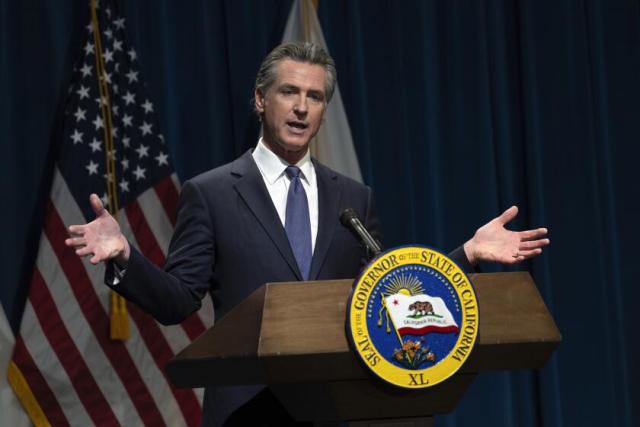California Republicans are raising concerns over Democrats’ plans to allocate a $1.5 billion increase to fund Medi-Cal, the state’s healthcare program for low-income individuals, amidst a looming budget deficit. The debate comes as the state faces a financial shortfall estimated to be between $38 billion to $73 billion.

The approved boost, aimed at supporting Medi-Cal through a managed care organization tax, has sparked scrutiny from Republican lawmakers. State Senator Brian Dahle pressed Democratic counterparts for specifics on how the additional funds would be utilized, emphasizing the importance of ensuring support for rural hospitals.
In response to inquiries, Democratic leaders indicated that negotiations regarding the allocation of funds would occur between Governor Gavin Newsom and legislative leaders. While State Senate Budget Committee Chairman Scott Wiener assured that the funds would be directed towards Medi-Cal services to prevent reductions, questions remain about the transparency and effectiveness of the proposed allocation.
The issue of Medi-Cal funding for undocumented immigrants has also surfaced in discussions surrounding the state’s budget deficit. Minority Leader Brian Jones has urged Democrats to reconsider funding for this demographic as a means to address the fiscal shortfall.
Governor Newsom initially projected a $38 billion deficit, but recent reports from the Legislative Analyst’s Office suggest a staggering $73 billion shortfall. Despite the alarming figures, Newsom has expressed confidence in utilizing rainy-day funds to mitigate the deficit, while state lawmakers continue to explore solutions to balance essential services amidst financial constraints.
As California grapples with economic uncertainty, the debate over Medi-Cal funding underscores the complexities of reconciling healthcare needs with fiscal responsibilities in the midst of a budget crisis.